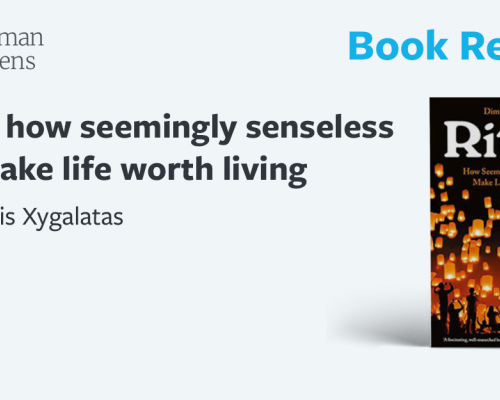What is an organising idea?
An organising idea pulls information together so the mind can make sense of it. The richer the pattern in the mind, the more 'true' the organising idea is likely to be.
In all areas of life confusion flourishes, mistakes are made and harm is done when we forget that the way we look at phenomena is dependent on an active effort of imagination and thinking. We are not mechanical recording instruments looking out on a fixed world. We organise what we see through what we believe we know.
“All scientific knowledge is a correlation of what is seen with the way that it is seen.”
Henri Bortoft in 'The Wholeness of Nature'
All the organising ideas in our head play an active role in shaping our perception and thinking and guiding our actions. An effective new organising idea always encompasses more than earlier ideas because it explains the anomalies that previously caused confusion.
The quality of the organising idea is determined by how much of reality it reveals. When any field of study is confused, any political effort is failing, any conflict not being resolved, it usually means a larger new organising idea has to be introduced before a resolution to the problems can be found.
Since most people react in conditioned ways to events, it requires a particular set of skills and qualities to see what has never been seen before and thereby produce the new organising idea. These are not necessarily the same skills that are needed to introduce the idea to enough people so it takes hold.
A perfect example of this is the recognition by Hungarian physician Ignatz Semmelwiess, in the mid-1800s, that high mortality rates in hospitals could be drastically reduced if doctors and nurses cleansed their hands after seeing one patient and before seeing the next, thus preventing unnecessary transfer of infection. He was ridiculed by the scientific community for suggesting this and ended up in an asylum. But now we know that this powerful organising idea was correct, and adhering to proper hygiene in hospitals has saved millions of lives.
The human givens approach offers an equally common-sense organising idea for understanding behaviour, carrying out psychotherapy and educating and bringing up children.
Ensuring that people’s emotional needs are sufficiently well met and that they are using their innate resources effectively (our human givens) is what underpins all successful healing, parenting, education, communication and efficacy in organisational settings.
Explore our articles and interviews
Latest Tweets:
Tweets by humangivensLatest News:
HG practitioner participates in global congress
HG practitioner Felicity Jaffrey, who lives and works in Egypt, received the extraordinary honour of being invited to speak at Egypt’s hugely prestigious Global Congress on Population, Health and Human Development (PHDC24) in Cairo in October.
SCoPEd - latest update
The six SCoPEd partners have published their latest update on the important work currently underway with regards to the SCoPEd framework implementation, governance and impact assessment.
Date posted: 14/02/2024











